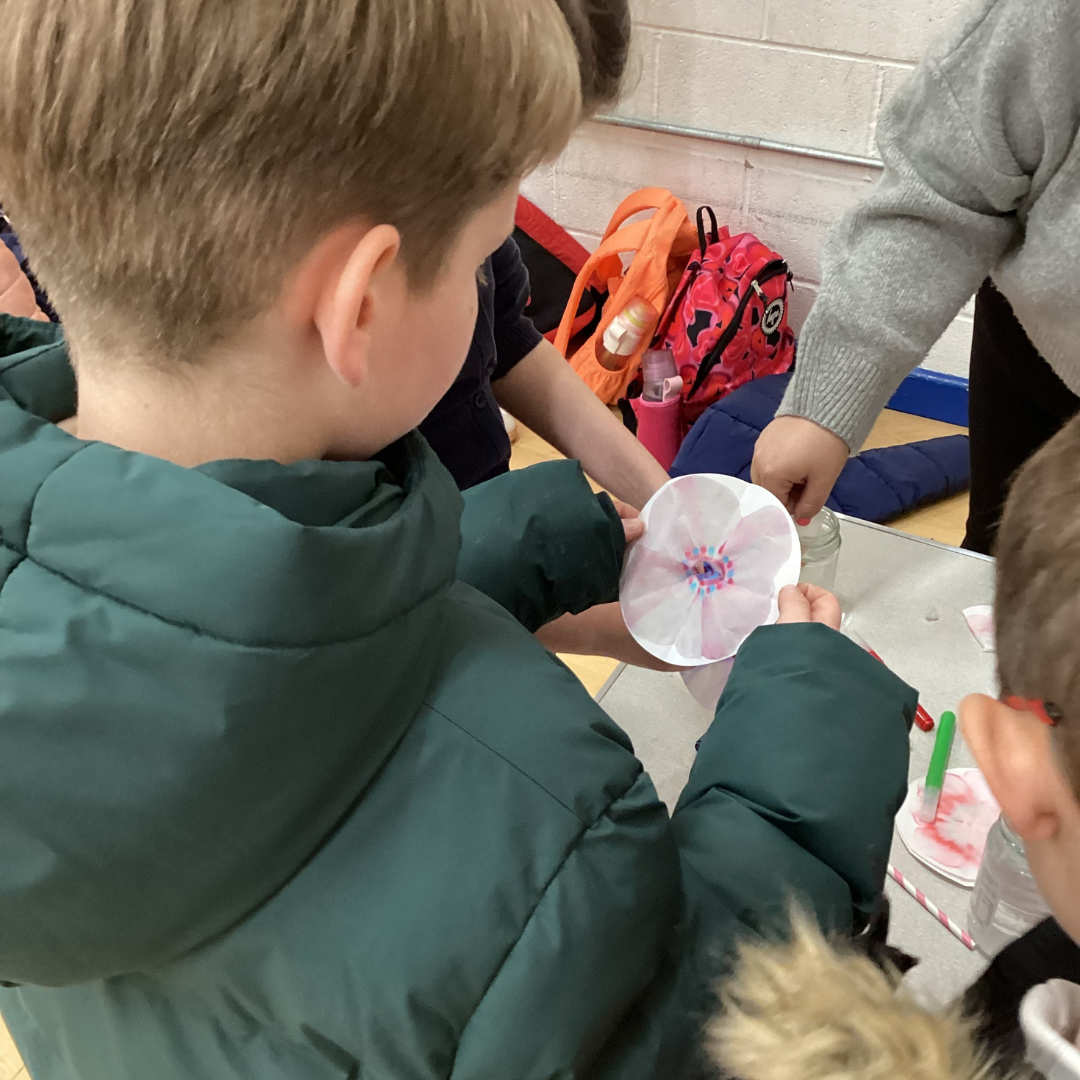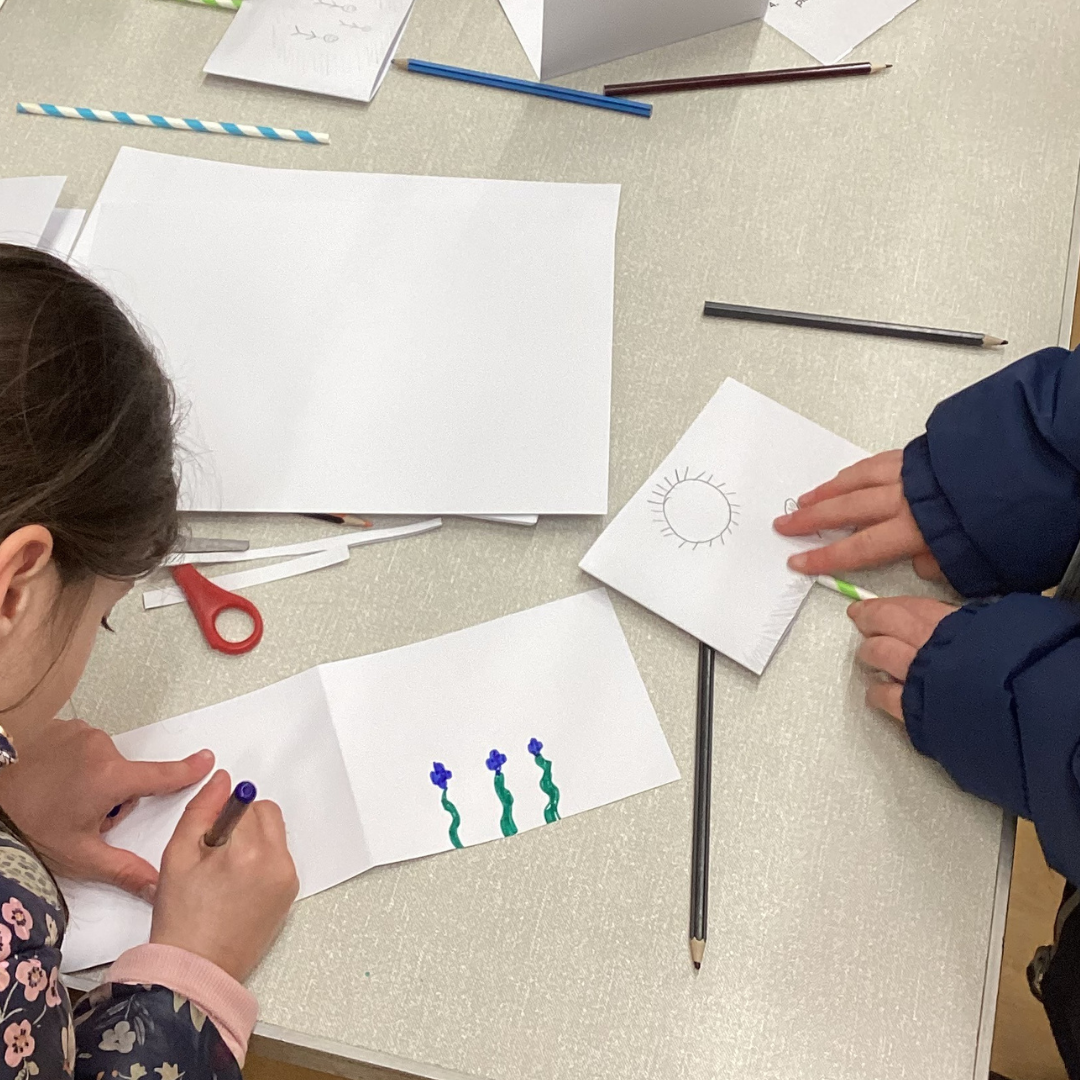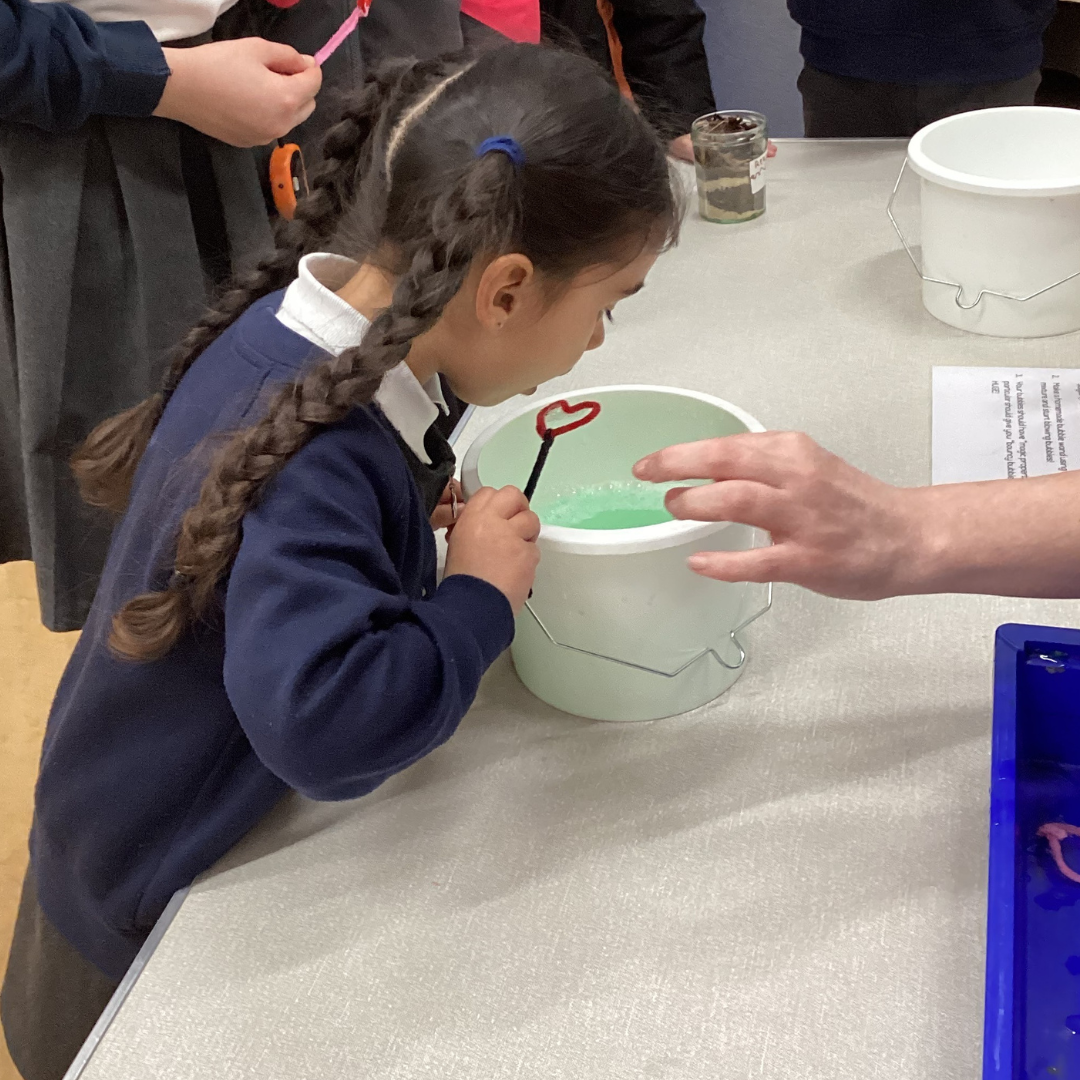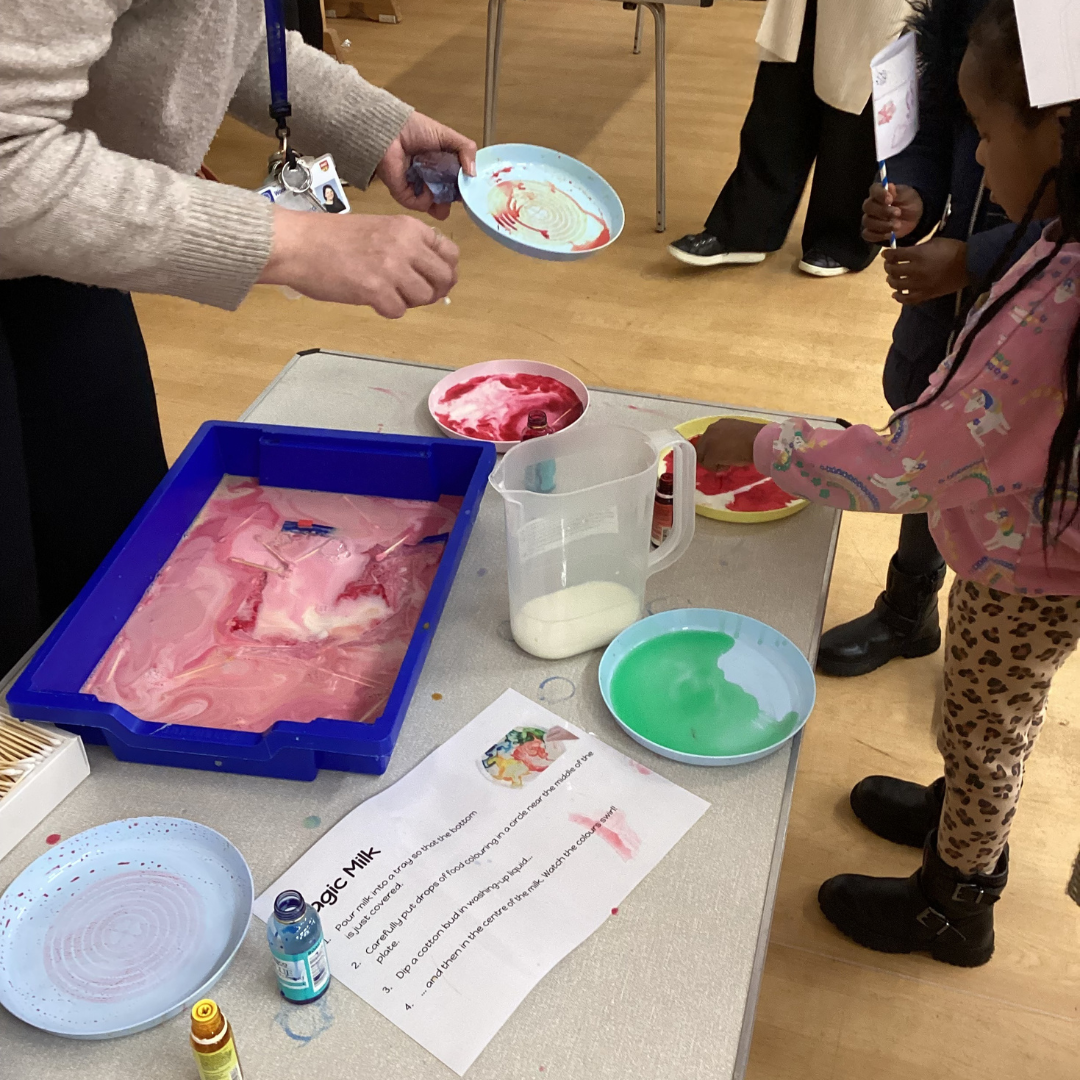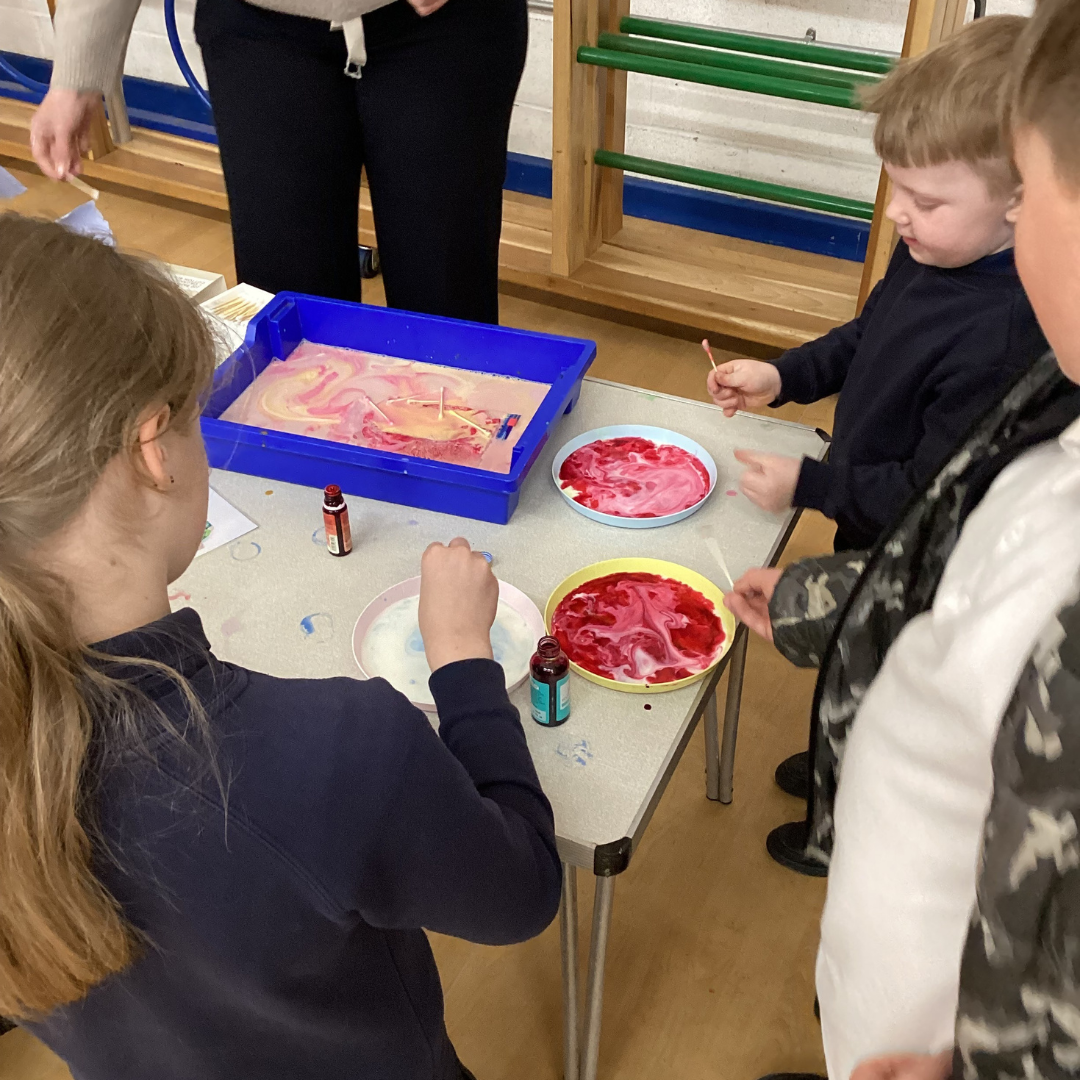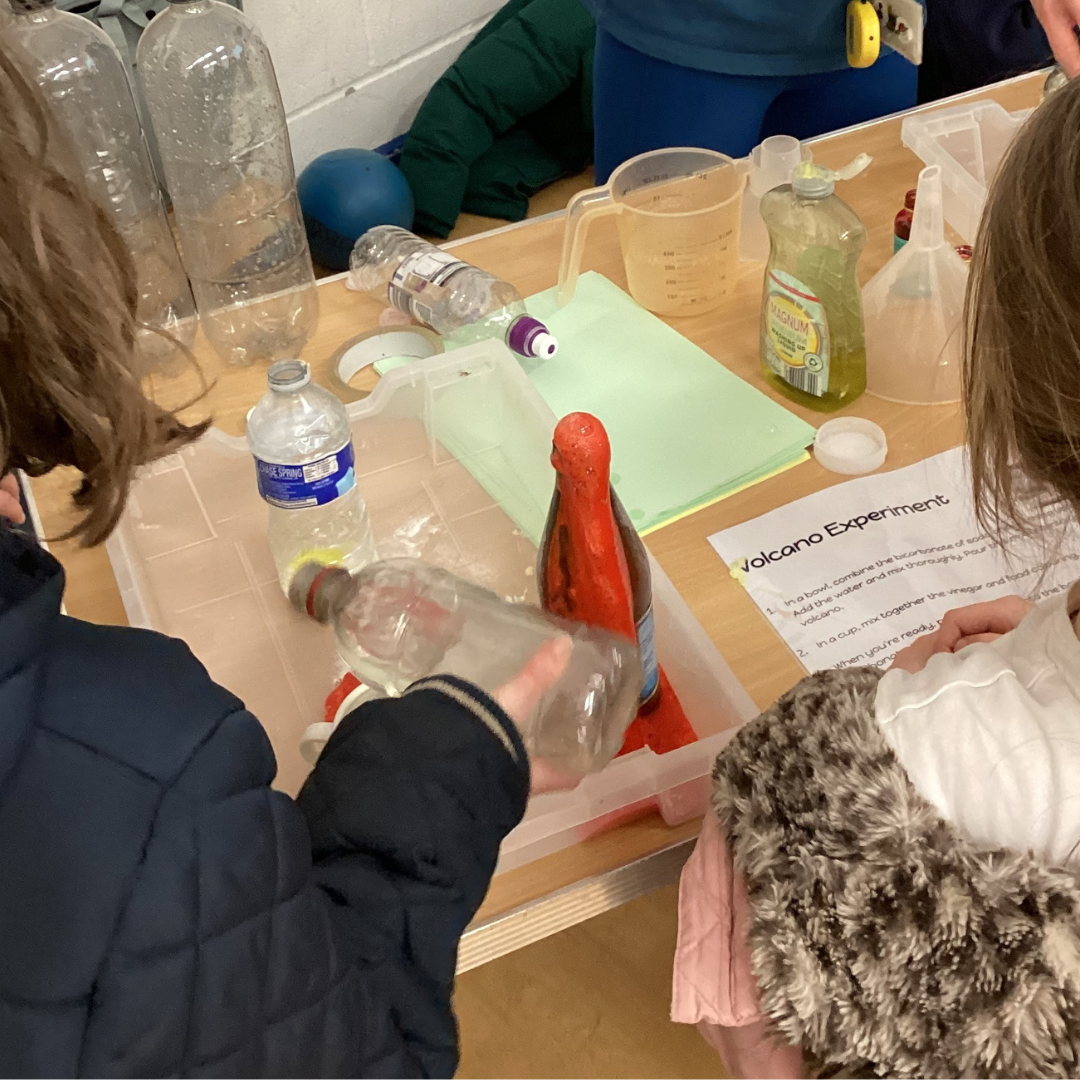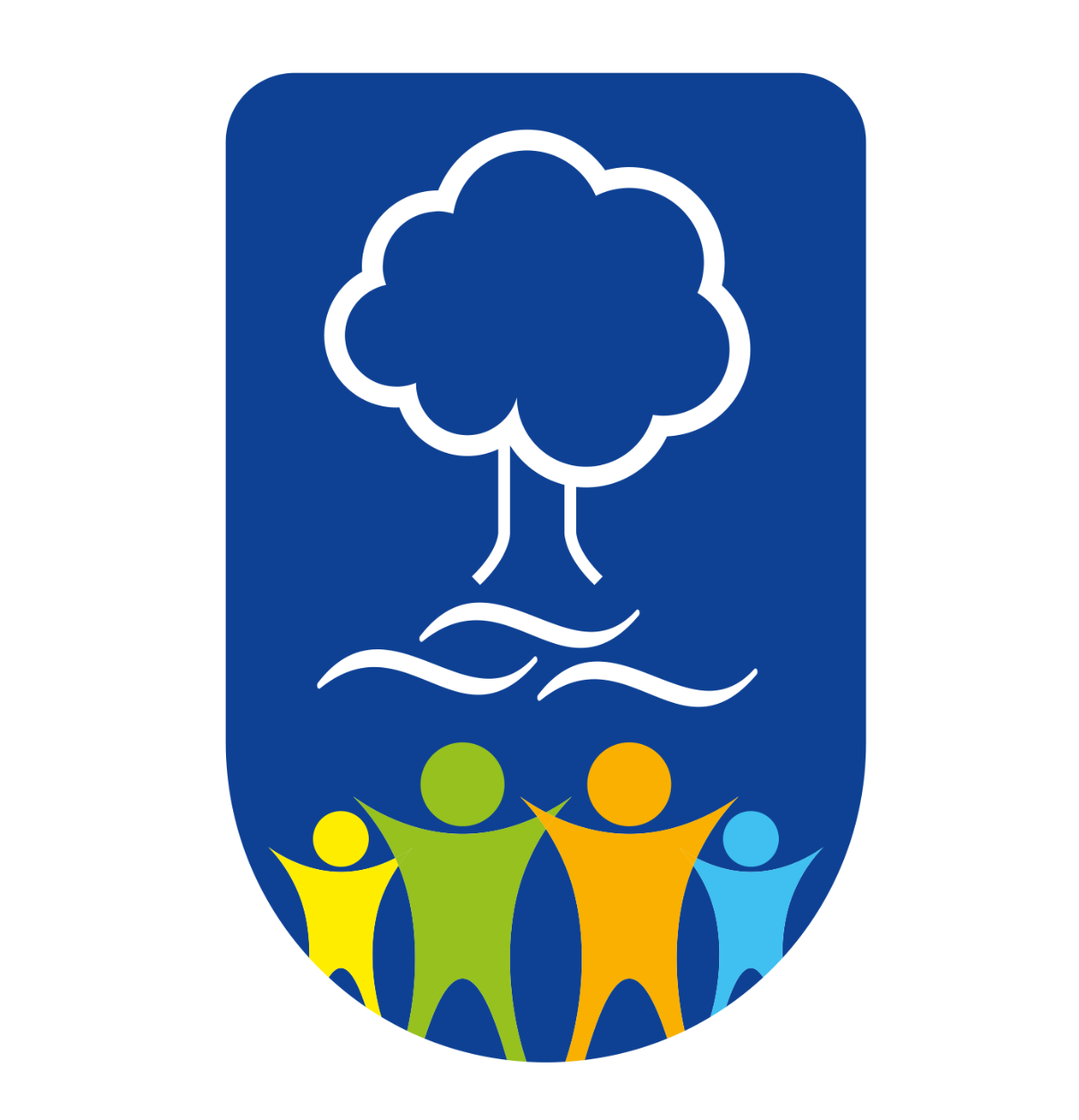Science


Intent
At Woodford Halse Primary Academy, we believe that science is not a collection of facts but the accumulation of knowledge for subsequent learning, which is led by enquiry and by working scientifically. It is our belief that Science should stimulate and excite pupils’ curiosity about phenomena and events in the world around them. Pupils will learn to question and discuss science-based issues that may affect their own lives, and the future of the world.
Science is an important and valued subject because it is highly relevant; an integral part of daily life, from cooking and checking the weather, to recycling and nature walks.
Through science, our lives are changed for the better. We believe all pupils should be taught about the role that science plays in positive advancements, as well as scientific knowledge, methods and processes.
Advances in science are continuing to transform our world at lightning speed and we need to do our best to prepare our pupils for a future we can only imagine.
Aims of our thematic curriculum:
- Science nurtures pupils’ natural curiosity and helps develop enquiring minds.
- Science encourages pupils to ask ‘how’ and ‘why’ questions, with the aim of finding out the answers.
- Science helps pupils develop the skills to think critically, solve problems and make decisions.
- Practical experiments and investigations in science teach pupils the importance of accuracy and problem-solving.
- In science, pupils learn about the importance of scientific evidence and how to make sense of it.
- The study of science helps pupils acquire knowledge and conceptual understanding to solve problems and make informed decisions.
- Science motivates pupils to explore the world around them and to change it for the better.
- Science teaches pupils and interdependence and the inter-connected nature of life.
- Pupils develop an understanding of historical contributions to science, as well as learning about contemporary science issues.
- Science teaching opens up new ways of thinking which complement and/or challenge established ideas and knowledge.
- Science teaching helps pupils to explain and understand how the world works.
- Science develops in pupils an attitude of respect for themselves, others and the world around them.
- Through science, pupils learn to communicate their ideas and form hypotheses.
- Science leads pupils on a journey of discovery, as they link isolated facts to form a coherent narrative about the world.
- Sustainable science teaches pupils about the important interaction between human activity and the environment and how we can make a positive impact.
Implementation
At Woodford Halse Primary Academy, teachers create a positive attitude to science learning within their classrooms and reinforce an expectation that all pupils are capable of achieving high standards in science. Our curriculum is designed to enable learners to acquire relevant subject knowledge, which underpins the application of skills. Our whole school approach to the teaching and learning of science involves teaching through thematic units. The Satellite View maps out which thematic units feature this subject and clearly shows the objectives taught.
Science is taught through working scientifically (involving practical investigation, observation and application skills, enquiry and research) alongside specific taught subject knowledge. Learning takes place both inside and outside the classroom.
In science, we follow our ‘Learning Means the World’ Curriculum. We learn about:
- Plants
- Animals, including humans
- Materials
- Seasonal changes
- Living things and their habitats
- Light and heat
- Forces and magnets
- Sound
- Electricity
- Earth and space
- Evolution and inheritance
- Movement
Impact
The successful approach at Woodford Halse Primary Academy is a fun, engaging and high-quality science learning experience, providing children with the natural curiosity and knowledge foundation for understanding the world around them. Children will be confident in their learning and be able to use scientific vocabulary when discussing science. Children will be able to ask relevant questions about science learning and reflect on their knowledge.
Children will make use of the outdoors surrounding them to gain hands-on experience and opportunities. Enrichment activities will be provided for the children through experiences such as British Science Week.
Teachers assess children’s knowledge, understanding and skills in science by making observations within class and by analysis of their written evidence. As part of our assessment for learning process, children will receive both verbal and written feedback as a means of development.
More information can be found in the documents below.
British Science Week
Each year, pupils take part in a range of activities to celebrate British Science Week, including an after-school session for pupils and parents to carry out a variety of exciting experiments.
